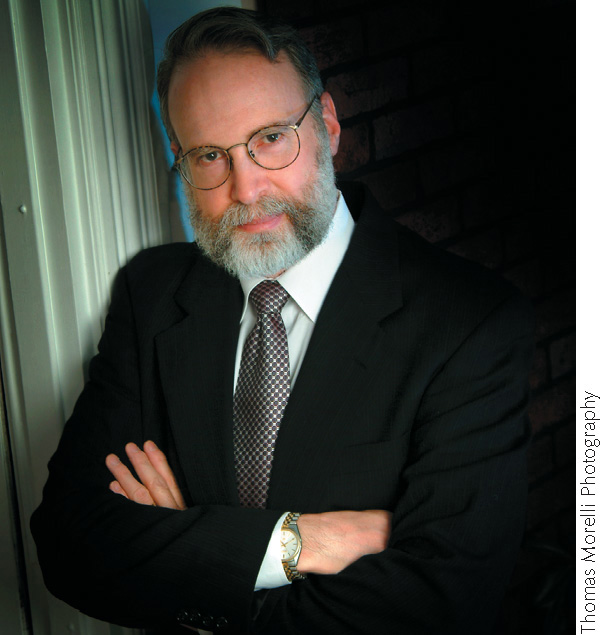About the Authors

Professor Neil F. Comins is on the faculty of the University of Maine. Born in 1951 in New York City, he grew up in New York and New England. He earned a bachelor’s degree in engineering physics at Cornell University, a master’s degree in physics at the University of Maryland, and a Ph.D. in astrophysics from University College, Cardiff, Wales, under the guidance of Bernard F. Schutz. Dr. Comins’s work for his doctorate, on general relativity, was cited in Subramanyan Chandrasekhar’s Nobel laureate speech. He has done theoretical and experimental research in general relativity, optical and radio observational astronomy, computer simulations of galaxy evolution, and science education. The fourth edition of Discovering the Universe was the first book in this series that Dr. Comins wrote, having taken over following the death of Bill Kaufmann in 1994. He is also the author of four trade books, What If the Moon Didn’t Exist?, Heavenly Errors, The Hazards of Space Travel, and What If the Earth Had Two Moons? What If the Moon Didn’t Exist? has been made into planetarium shows, been excerpted for television and radio, translated into several languages, and was the theme for the Mitsubishi Pavilion at the World Expo 2005 in Aichi, Japan. Heavenly Errors explores misconceptions people have about astronomy, why such misconceptions are so common, and how to correct them. Dr. Comins has appeared on numerous television and radio shows and gives many public talks. Although he has jumped out of airplanes while in the military, today his activities are a little more sedate: He is a licensed pilot and avid sailor, having once competed against Prince Philip, Duke of Edinburgh.
William J. Kaufmann III was the author of the first three editions of Discovering the Universe. Born in New York City on December 27, 1942, he often visited the magnificent Hayden Planetarium as he was growing up. Dr. Kaufmann earned his bachelor’s degree magna cum laude in physics from Adelphi University in 1963, a master’s degree in physics from Rutgers in 1965, and a Ph.D. in astrophysics from Indiana University in 1968. At 27 he became the youngest director of any major observatory in the United States when he took the helm of the Griffith Observatory in Los Angeles. During his career he also held positions at San Diego State University, UCLA, Caltech, and the University of Illinois. Throughout his professional life as a scientist and educator, Dr. Kaufmann worked to bridge the gap between the scientific community and the general public to help the public share in the advances of astronomy. A prolific author, his many books include Black Holes and Warped Spacetime, Relativity and Cosmology, The Cosmic Frontiers of General Relativity, Exploration of the Solar System, Planets and Moons, Stars and Nebulas, Galaxies and Quasars, and Supercomputing and the Transformation of Science. Dr. Kaufmann died in 1994.
xxii